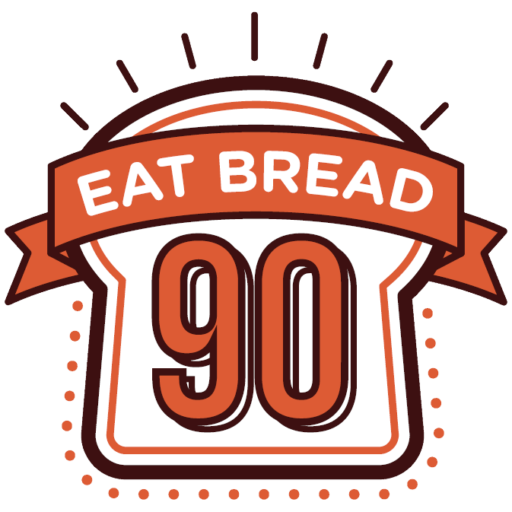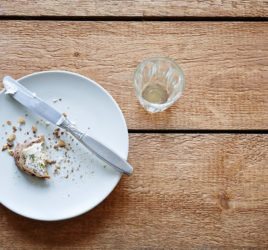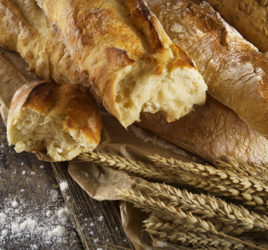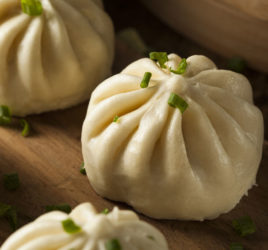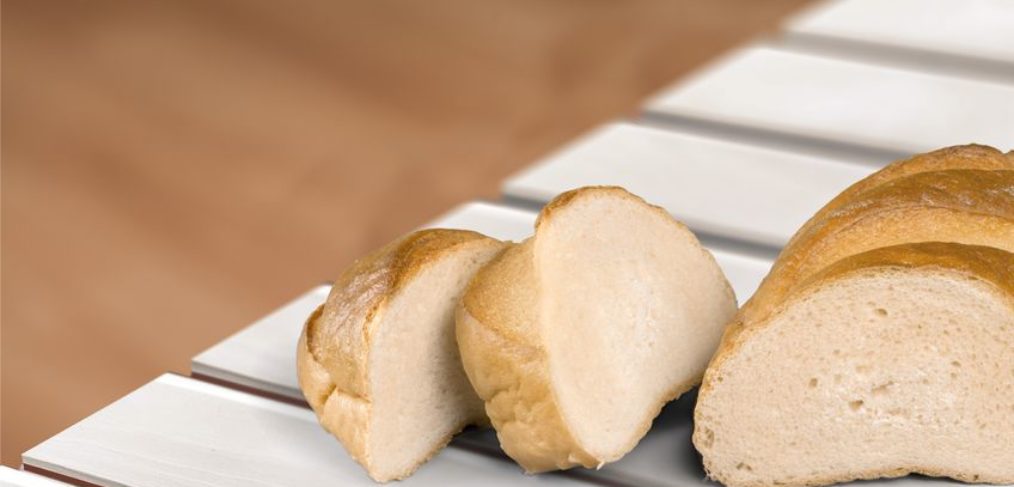
Is Artisan Bread Healthier than White Bread? Day 71 and 72
Centuries ago, eating white bread meant you had status. White bread was served to the elite classes while the peasants continued to suffer with crusty whole grain loaves. How the times have changed! I know everyone loves to hate white bread these days. It seems to embody the distrust consumers have of industrially manufactured foods. But are artisan breads like sourdough healthier than white bread?
The use of bleached flour and the addition of dough conditioners, emulsifiers, and mold inhibitors are seen as unhealthy and blamed for our modern health issues. As consumer preferences have begun to shift to more wholesome ingredients, artisan bread began gaining in popularity.
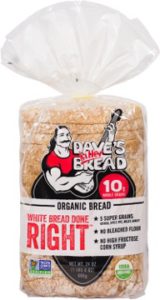
But what exactly is artisan bread and is it any healthier than industrially produced white bread?
Artisan bread is loosely defined as bread that is produced using traditional methods and ingredients.
Choice of flour type, length of fermentation, and how the bread is made are important characteristics for an artisan loaf. Dough is generally made in small batches with a more hands on approach. With the rise in popularity, the manufacturing of artisan loaves has been scaled up to embrace some modern conveniences. Due to the minimally processed and clean ingredient declaration consumers believe this to be a healthier bread.
A recent study tried to answer the question – Is artisan bread healthier than manufactured white bread?
20 healthy adults participated in a randomized crossover trial of two 1-week-long sessions. Participants consumed traditionally made sourdough-leavened whole-grain bread or industrially made white bread widely available for the study. Test subjects ate standardized meals calculated to have 50 g of available carbohydrates.
During the white bread intervention period, subjects consumed 3 meals of 110 grams white bread, and 3 meals of 113g white bread + 30g butter. Sourdough meals consisted of 3 meals of 145 g sourdough bread, and 3 meals of 149 sourdough bread + 30 g butter.
The test showed no significant difference between consumption of traditionally made sourdough-leavened whole-grain bread or industrially made white bread on the participants. The study does point out that both types of bread had had very personal results on participants.
What are you telling me? Is there really no difference between sourdough bread and white bread nutritionally?
While one person might have a blood spike after eating white bread another may person experience the same thing eating artisan sourdough. Another measure that was dependent on individual participants was gut biome. The researchers found that the microbiota composition remained generally stable and person-specific throughout the trial.
So there you have it! There’s no nutritional difference between sourdough and white bread. This week’s white bread of choice? Dave’s Killer Bread White Bread Done Right. Mind you, their white bread has 10g of whole grains!

Bratwursts off the grill. Yum!
Here’s what I ate on Days 71 and 72 of EB90:
| Food | Portion | Calories |
| Day 71 | ||
| Bagel | 1(100g) | 210 |
| DKB 21 G | 4 Slices (45g) | 480 |
| DKB WBDR | 5 Slices(40g) | 550 |
| Butter | 2 Tbsp | 200 |
| Ricotta Cheese | 1/4 C | 100 |
| Berry Cream Cheese | 2 Tbsp | 50 |
| Sugar Free Strawberry Jam | 2 Tbsp | 40 |
| Orange | 1 orange | 45 |
| Stir Fried Vegetables | 125g | 36 |
| Sweet sour chicken | 275 | |
| Total | 1986 | |
| Day 72 | ||
| DKB 21 G | 4 Slices (45g) | 480 |
| DKB WBDR | 5 Slices(40g) | 550 |
| Butter | 2 Tbsp | 200 |
| Lemon Curd | 2 Tbsp | 120 |
| Cherries | 1C | 74 |
| Roasted Zucchini | 1 C | 68 |
| Calcium Supp | ||
| Bratwurst w hot dog bun | 1 | 260 |
| Total | 1752 |
